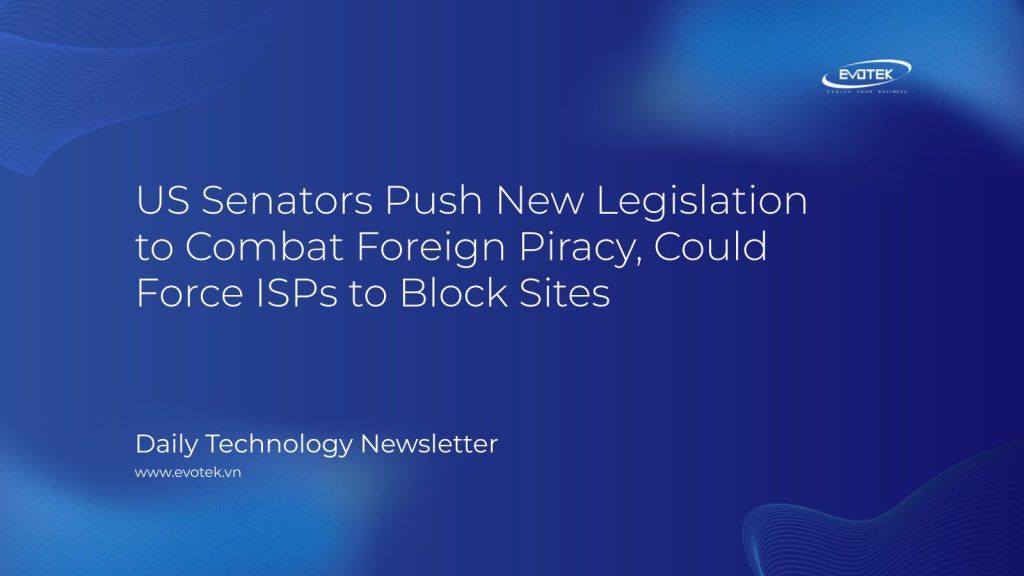A significant legislative push is underway in the US Congress, aiming to tackle the pervasive issue of foreign digital piracy. Lawmakers have introduced a new bill that, if passed, could fundamentally alter how internet service providers (ISPs) handle access to overseas websites accused of copyright infringement.
Dubbed the Block Bad Electronic Art and Recording Distributors (Block BEARD) Act, this bipartisan legislation seeks to empower copyright holders with a legal pathway to request federal court orders for blocking ‘foreign piracy sites.’ This move marks the latest in a series of congressional efforts to fortify intellectual property protections against illicit online distribution.
Led by a bipartisan group of senators including Thom Tillis (R-NC), Chris Coons (D-DE), Marsha Blackburn (R-TN), and Adam Schiff (D-CA), the Block BEARD Act builds on previous legislative attempts. Notably, Representative Zoe Lofgren (D-CA) introduced the Foreign Anti-Digital Piracy Act (FADPA) earlier this year, which similarly sought to compel ISPs to block such foreign infringing content.
Under the proposed framework, copyright owners who discover their materials being infringed upon by a foreign website could petition a federal court to designate that online location as a “foreign piracy site.” The court would then evaluate whether the copyright holder has incurred harm due to the infringing content and if the site’s primary design is for such infringement. Should the court issue this designation, copyright holders would gain the ability to seek an order compelling Internet Service Providers (ISPs) to prevent US users from accessing the designated site. Crucially, the legislation also includes provisions allowing site owners to contest both the “piracy site” designation and any blocking orders.
However, this new push for site-blocking legislation is not without its critics, echoing debates from over a decade ago when similar proposals triggered widespread internet blackouts in protest. The Electronic Frontier Foundation (EFF), a prominent digital rights advocacy group, has voiced strong opposition, labeling such laws as “dangerous, unnecessary, and ineffective.” The EFF raises concerns that restricting access to one site could inadvertently disrupt thousands of others sharing the same cloud infrastructure or IP address. Furthermore, they argue that determined individuals can “trivially evade” site blocks by quickly migrating content to new domains or by using virtual private networks (VPNs) to circumvent geographical restrictions.
Despite these objections, proponents like Senator Adam Schiff maintain that the Block BEARD Act is vital. Schiff asserts that the bill aims to “protect creators and consumers alike from foreign criminal enterprises seeking to steal our intellectual property and exploit Americans,” emphasizing the economic and ethical imperatives behind the legislation.

 日本語
日本語 한국어
한국어 Tiếng Việt
Tiếng Việt 简体中文
简体中文